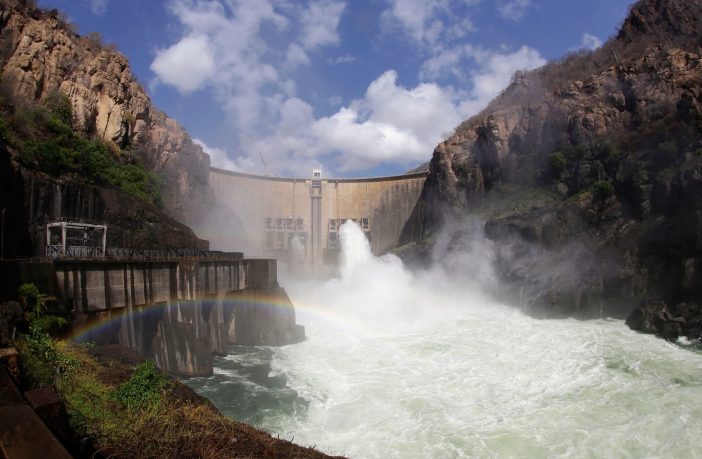- Hidroeléctrica de Cahora Bassa (HCB) produced 3,671.91 gigawatts of power in the first quarter of 2021.
- This is 6.1% above the forecast for the period, the company announced in a statement this week.
“This positive production performance is the result of investments in the modernisation of equipment in the production chain of the electro-production park and of a dynamic management, focused on the continuous improvement of engineering processes and the entire administrative chain of production, transport and commercialisation of clean and reliable energy,” said HCB.
The company adds that the results enable the continuation of its modernisation strategy, as well as compliance with contracts for the supply of services and payment of taxes.
Related news: Cahora Bassa Output up 4.7% in 2020
“HCB remains committed to achieving the annual production target of 14,125.53 gigawatts, while implementing, with maximum rigor, an internal protocol for the prevention of Covid-19 and constant analysis of its impact on the company’s operational performance,” the statement concludes.
Key facility stats:
- Area: 2900 km2
- Max length: 270 km
- Maximum width: 30 km
- Capacity: 52 km2
- Foundation thickness: 21.5 m
- Maximum discharge capacity: 14.000 m3/s
HCB supplies electricity to Mozambique, South Africa and Zimbabwe.
Author: Bryan Groenendaal















